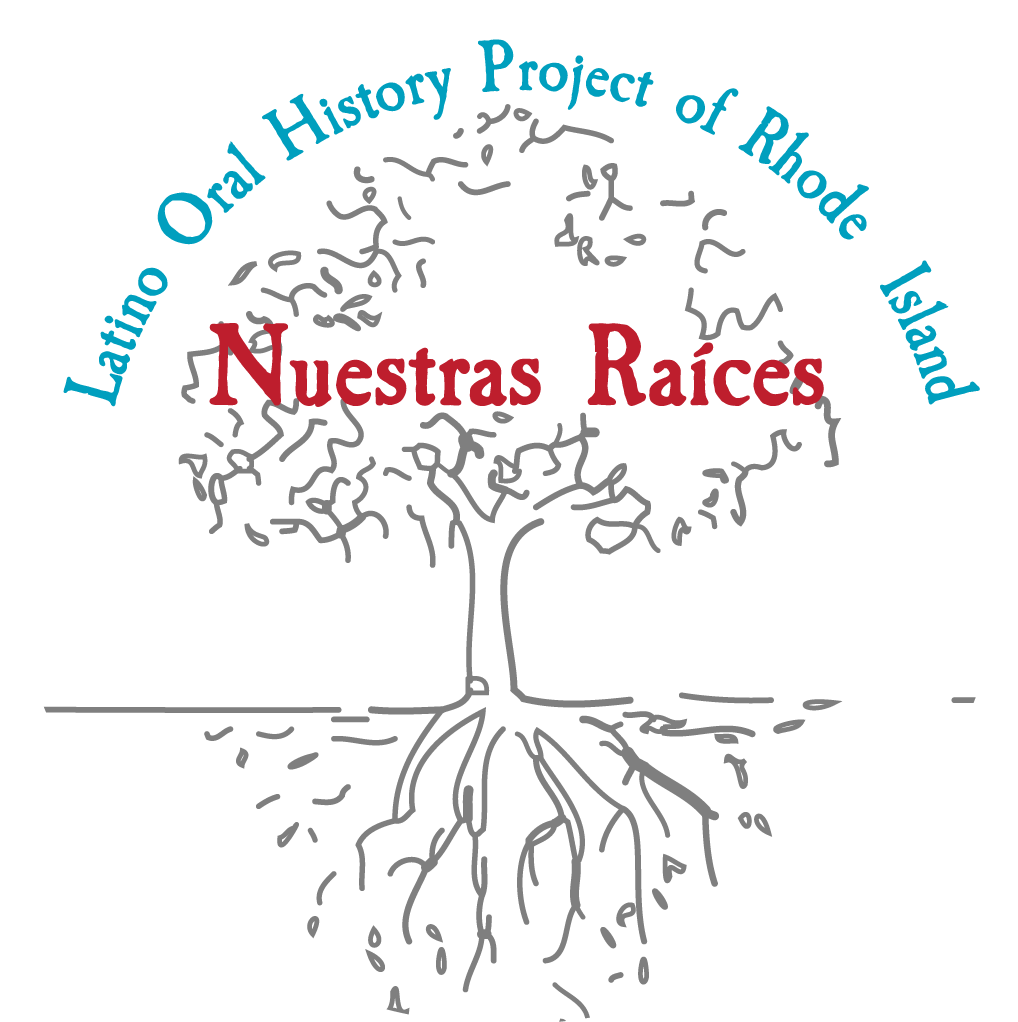The beginnings of community organizing in Providence obviously did not solely consist of the work of these two women alone (Rosario and Sánchez). Their stories, however, provide a clear example of the support systems that were being put into place in the early days, and the amazing opportunities that became possible as the community began to familiarize itself with a foreign landscape.
In the early 1970s, the Latino community began to come together to organize in an attempt to gain access to social services. The work of pioneers such as Doña Fefa and Juanita Sánchez laid a foundation, but individuals can only do so much, and soon people began to realize the need to form organizations. In 1970, this need was answered in the form of the Latin American Community Center (LACC), which was made possible with the help of the Rev. Raymond Tetrault (also known as Father Ray), and financially supported by the Providence Catholic Diocese.
Politics were, for us, at that time, very non-existent and it was more at the level of community organizations that evolved through the Catholic Church and independent movements that we concentrated our efforts. Not necessarily directly involved in the political arena, because we felt that we were not wanted there. We felt like outsiders. But at the same time we also felt that we needed to do something to exert our rights, to advocate and to protect the community on a number of issues that we felt were very important.”
Juan Francísco interview, 2000
Located at 3 Harvard Avenue, LACC opened its doors on October 25, 1970 with the help of Arturo Liz, who had been elected Board President, and the Rev. Raymond Tetrault, Director of the Latin America Apostolate of Rhode Island. Mercedes Messier was appointed as its first Executive Director. Much like Fefa’s Market in the 1960s, the center acted as a problem-solving agency, and its main purpose was to help Latinos adjust to life in America. Many of the new immigrants could not speak English, so they had no way of finding out how to fulfill their basic needs. The center provided a place where they could come and explain their difficulties, and the staff would refer them to the appropriate city or state agency for service. LACC’s staff also helped find jobs for newcomers and offered English language classes for both adults and children. Apart from these crucial social services, a 1970 Providence Journal article describes the center as a means for bringing together people from different Spanish-speaking countries, “including Honduras, Guatemala, the Dominican Republic, Cuba, Puerto Rico, Bolivia, Colombia, Uruguay and Venezuela.” Unlike many other cities in the United States, in Providence the Latino community was a relatively cohesive group, and early efforts such as this community center are a possible explanation for this.
By providing a physical space for people to congregate, contacts were formed, which then led to the creation of alliances and social service organizations. These organizations were community-based and not political.
Records show that during his tenure with the Latin American Apostolate, Father Ray had made several attempts to secure funding for LACC. He believed that the Church needed to recognize the injustices to which the poor were subjected and stand with them in improving the economic as well as their social welfare. He also felt that the Church had an obligation to finish its work of establishing the center by ensuring that it was fully funded in order to remain a sustainable entity. Fr. Tetrault soon began to see the writing on the wall as the needs grew and tension built within the organization due to lack of funding. To better confront the injustices to which he felt the new immigrants were subjected, he began organizing Hispanics in South Providence and encouraging their leadership to form their own organizations that would address their own issues.
By 1974, Fr. Tetrault was not able to convince the Dioceses to take over its funding needs and after a successful beginning and much activity, unfortunately, due to financial difficulties, LACC was forced to close its doors. It was then that the task of mobilizing the community fell upon the shoulders of a small group of Latinos who had worked hard to gain access and understanding.
More about Father Ray Tetrault ➤


